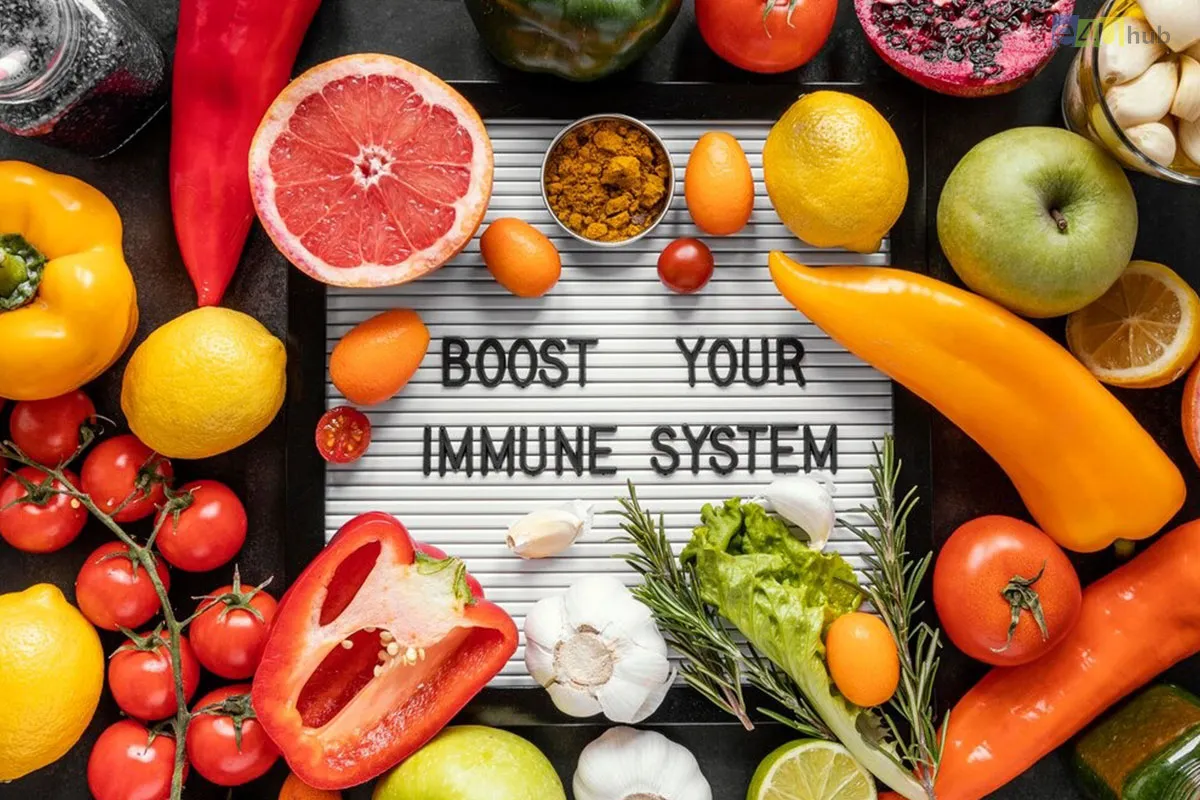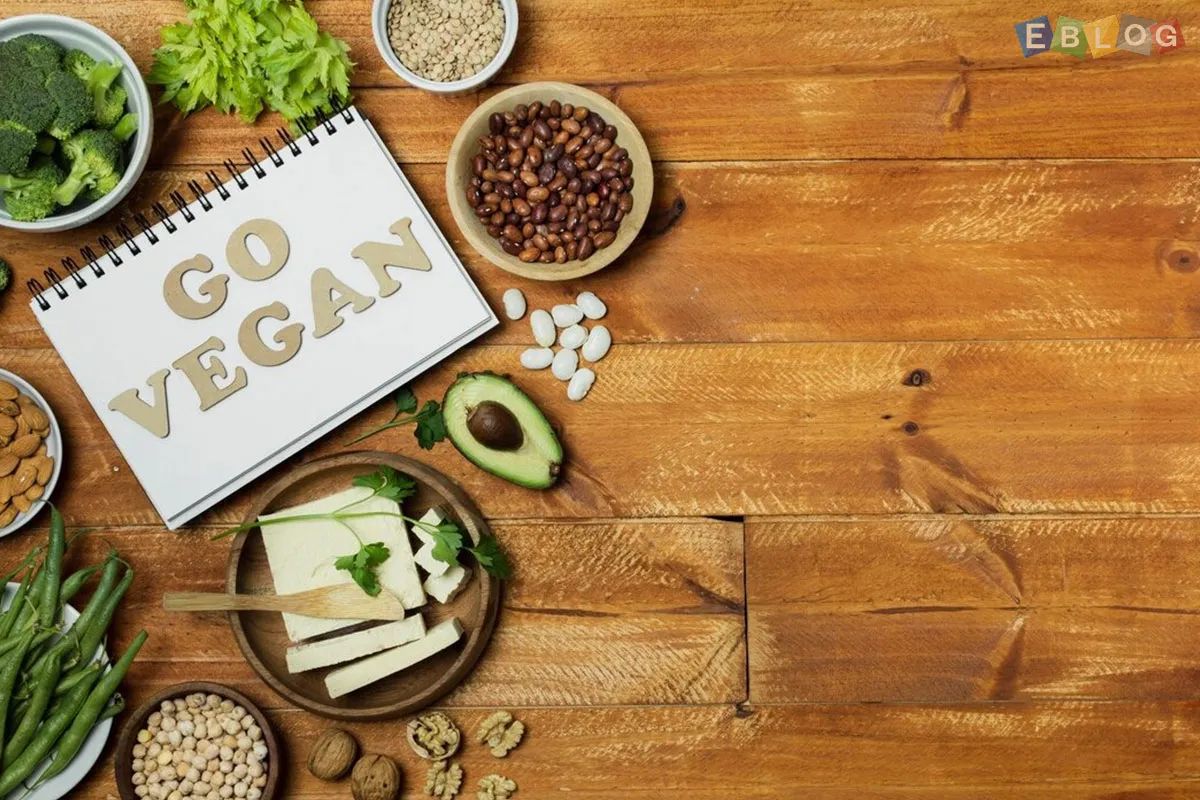
I'm Always Hungry! What Should I Eat to Lose Weight?
- 29 Mar, 2025
- Health
- 587 Views
- 0 Comments
Feeling hungry all the time while trying to lose weight can be incredibly frustrating. It’s one of the most common struggles when it comes to dieting or making healthier food choices. But here's the good news: it doesn’t have to be about constant deprivation or eating less. The key is to eat the right foods that keep you satisfied, nourish your body, and help you reach your weight loss goals. If you’re constantly hungry and wondering what to eat, this blog will guide you through some smart choices that can help you lose weight while still feeling full and satisfied.
1. Focus on Protein-Rich Foods
Protein is one of the most filling macronutrients and plays a crucial role in weight loss. It helps curb hunger by making you feel fuller for longer periods, reducing the temptation to snack unnecessarily. Eating enough protein also boosts your metabolism and helps preserve muscle mass while you’re losing fat.
What to Eat:
a. Chicken breast, turkey, and lean cuts of meat
b. Eggs (especially egg whites)
c. Greek yogurt (unsweetened)
d. Cottage cheese
e. Lentils, chickpeas, and beans
f. Tofu or tempeh for plant-based options
Incorporating protein into every meal will help you feel more satisfied and prevent hunger from sabotaging your weight loss goals.
2. Load Up on Fiber-Rich Vegetables and Fruits
High-fiber foods are excellent for weight loss because they add bulk to your meals, keeping you full without adding many calories. Fiber slows down digestion and helps regulate blood sugar levels, preventing hunger spikes. Vegetables and fruits are also packed with vitamins, minerals, and antioxidants, all of which are essential for your overall health.
What to Eat:
a. Leafy greens like spinach, kale, and arugula
b. Cruciferous vegetables like broccoli, cauliflower, and Brussels sprouts
c. Berries (strawberries, blueberries, raspberries)
d. Apples, pears, and citrus fruits
e. Carrots, cucumbers, and bell peppers
Try to fill half of your plate with vegetables at every meal and add fruits as snacks. These foods are low in calories but high in nutrients and fiber, making them perfect for weight loss.
3. Include Healthy Fats in Your Diet
It may seem counterintuitive to eat fats while trying to lose weight, but healthy fats are essential for satiety. They help slow down digestion, keeping you fuller for longer. Plus, they support your body’s nutrient absorption and are important for hormonal health. Just be mindful of portion sizes, as fats are calorie-dense.
What to Eat:
a. Avocados
b. Nuts (almonds, walnuts, pistachios)
c. Seeds (chia seeds, flaxseeds, pumpkin seeds)
d. Olive oil or coconut oil (used in moderation)
e. Fatty fish like salmon, mackerel, and sardines
A small serving of nuts or avocado can make a big difference in keeping you satisfied between meals.
4. Drink Plenty of Water
Sometimes, hunger is actually just dehydration in disguise. Drinking water regularly helps with appetite control and can keep hunger pangs at bay. It’s important to stay hydrated throughout the day, especially if you're active or following a weight loss plan.
What to Do:
a. Drink a glass of water before each meal to help you feel fuller.
b. Carry a water bottle with you throughout the day to remind yourself to sip often.
c. You can also try herbal teas or infused water with cucumber, mint, or lemon to add some flavor.
d. Staying hydrated not only helps curb your hunger but also supports your overall metabolism and energy levels.
5. Opt for Whole Grains Over Refined Carbs
When you eat refined carbs like white bread, pasta, and pastries, your blood sugar spikes quickly, leading to a rapid crash that leaves you feeling hungry again soon after. Whole grains, on the other hand, are packed with fiber and take longer to digest, which means they keep you satisfied for longer.
What to Eat:
a. Quinoa
b. Brown rice
c. Whole wheat bread or pasta
d. Oats
e. Barley
Incorporating whole grains into your diet ensures you stay full and energized throughout the day without the blood sugar crashes that can trigger overeating.
6. Choose Low-Calorie, High-Volume Foods
When you're trying to lose weight, it’s important to choose foods that are low in calories but high in volume to help you feel full without consuming too many calories. These foods allow you to eat larger portions, which can help curb your hunger and prevent overeating.
What to Eat:
a. Zucchini noodles or spiralized vegetables instead of pasta
b. Cauliflower rice instead of regular rice
c. Popcorn (air-popped, without butter)
d. Broth-based soups or salads
e. Mushrooms, tomatoes, and cucumbers
These foods help fill you up without packing on excess calories, making them perfect for weight loss while keeping hunger in check.
7. Avoid Sugary Snacks and Refined Junk Foods
Sugary snacks, processed foods, and refined carbs may offer temporary satisfaction, but they don’t keep you full for long. In fact, they often lead to hunger spikes and cravings later in the day. These foods are also typically high in unhealthy fats and calories, which can slow down your progress in losing weight.
What to Avoid:
a. Candy, cookies, and sugary pastries
b. Soda, sugary drinks, and high-calorie coffee drinks
c. Packaged snacks like chips, crackers, and instant noodles
Instead of reaching for junk food, opt for healthier alternatives like fruits, nuts, or a small serving of dark chocolate to curb cravings.
8. Keep Track of Your Hunger Cues
Sometimes, constant hunger can stem from eating too often or not listening to your body’s natural hunger signals. It’s essential to understand the difference between physical hunger and emotional hunger, as emotional eating can derail your progress.
What to Do:
a. Eat mindfully, paying attention to how hungry you are before and after each meal.
b. Wait 20 minutes after eating to see if you still feel full or if you’re truly still hungry.
c. Practice portion control by using smaller plates to help prevent overeating.
Conclusion: It's About Smart Choices, Not Starving Yourself
Being always hungry doesn’t have to be a barrier to losing weight. By focusing on nutrient-dense, filling foods that nourish your body and help regulate your appetite, you can stay satisfied while still losing weight. The key is to eat the right foods—those that are high in protein, fiber, and healthy fats—while avoiding processed foods that leave you hungry again soon after eating.
With mindful eating and smart food choices, you can fuel your body, curb hunger, and reach your weight loss goals without feeling deprived.
Remember, losing weight is not about eating less, but eating right.















Leave a Reply